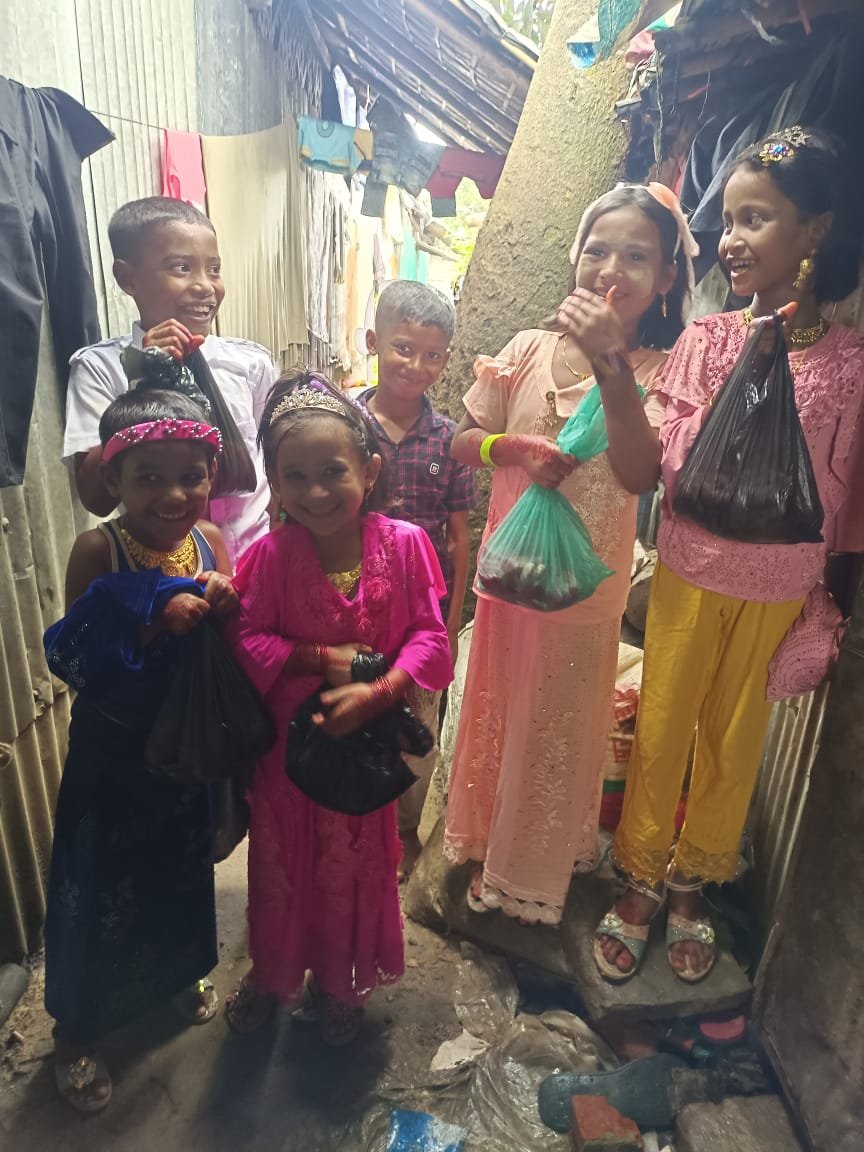Battling Poverty
Bangladesh, a country nestled in South Asia, is known for its vibrant culture, lush landscapes, and resilient people. However, behind the allure of its natural beauty lies a persistent challenge: poverty. This blog aims to delve into the multifaceted issue of poverty in Bangladesh, exploring its causes, impact, and the ongoing efforts to combat it. By shedding light on this critical topic, we hope to raise awareness and inspire action towards a brighter future for the people of Bangladesh.
1. The Scope of Poverty in Bangladesh:
Poverty is a pervasive problem that affects millions of Bangladeshis, with rural areas experiencing the highest levels of deprivation. According to recent statistics, around 21% of the population lives below the national poverty line, struggling to meet their basic needs. Additionally, extreme poverty persists, affecting approximately 12% of the population.
2. Root Causes:
Understanding the root causes of poverty in Bangladesh is crucial for effective solutions. Several factors contribute to this issue, including:
a) Overpopulation and Limited Resources: Bangladesh's population density is among the highest in the world, placing immense strain on limited resources and infrastructure.
b) Low Agricultural Productivity: Agriculture plays a significant role in the economy, but outdated farming techniques, inadequate access to credit, and vulnerability to natural disasters hinder productivity and perpetuate poverty.
c) Lack of Quality Education and Skills Training: Limited access to quality education and vocational training creates a cycle of limited opportunities, limiting social mobility for many Bangladeshis.
d) Gender Inequality: Gender disparities in access to education, employment, and decision-making perpetuate poverty, particularly affecting women and girls.
3. Impact on Society:
Poverty's consequences extend beyond individuals, affecting communities and the nation as a whole:
a) Health and Malnutrition: Poverty often leads to inadequate healthcare, resulting in high maternal and child mortality rates. Malnutrition and stunted growth further hinder physical and cognitive development.
b) Education and Human Capital: Limited access to education hampers human capital development, limiting economic growth and perpetuating poverty across generations.
c) Social Inequality and Vulnerability: Poverty exacerbates social inequalities, increasing vulnerability to exploitation, human trafficking, and other forms of injustice.
4. Initiatives and Progress:
Despite the challenges, Bangladesh has made notable progress in reducing poverty over the years:
a) Microfinance: Bangladesh pioneered microfinance initiatives, empowering impoverished individuals, particularly women, to access small loans and start businesses, thereby lifting themselves out of poverty.
b) Social Safety Nets: The government implemented various social safety net programs, including cash transfers, food assistance, and healthcare subsidies, to provide immediate relief and support vulnerable populations.
c) Education Reforms: Investments in education have led to increased school enrollment rates, improved access to quality education, and better literacy rates.
d) Climate Change Resilience: Bangladesh actively addresses the impact of climate change, implementing adaptation strategies and disaster preparedness measures to protect livelihoods and reduce vulnerability.
5. The Way Forward:
To combat poverty effectively, sustainable and comprehensive approaches are necessary:
a) Economic Diversification: Encouraging economic diversification beyond agriculture, such as promoting industries and services, can generate employment opportunities and reduce dependency on a single sector.
b) Skill Development and Entrepreneurship: Emphasizing vocational training programs and entrepreneurship initiatives can equip individuals with the skills and resources needed to escape poverty's grip.
c) Enhancing Social Infrastructure: Investing in healthcare, education, and basic services in rural areas will improve the overall well-being of impoverished communities.
d) Gender Empowerment: Promoting gender equality and empowering women economically and socially will contribute to poverty reduction efforts.
Poverty remains a significant challenge in Bangladesh, but with concerted efforts, progress is


